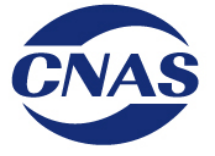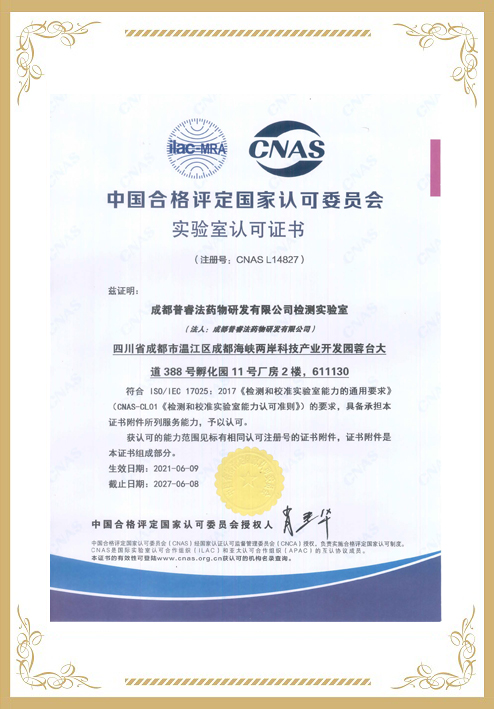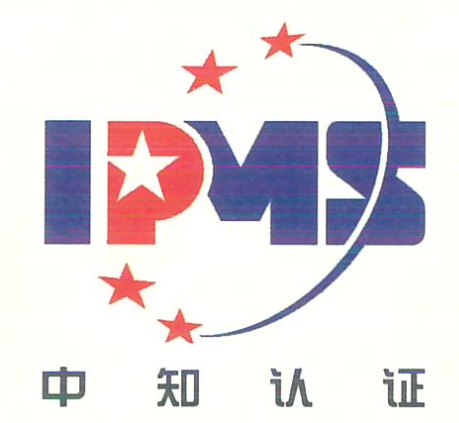在线咨询
联系电话:
销售:
400-829-7929(7*24小时)
028-
82633860
028-
82633397
028-82633165
技术服务和产品定制:
028-82633987
在线服务:
沈帅  文静
文静 
贺丹丹 


文献信息
Inactivation of AKT/NF‑κB signaling by eurycomalactone decreases human NSCLC cell viability and improves the chemosensitivity to cisplatin
AbstractThe high activation of protein kinase B (AKT)/nuclear factor‑κB (NF‑κB) signaling has often been associated with the induction of non‑small cell lung cancer (NSCLC) cell survival and resistance to cisplatin, which is one of the most widely used chemotherapeutic drugs in the treatment of NSCLC. The inhibition of AKT/NF‑κB can potentially be used as a molecular target for cancer therapy. Eurycomalactone (ECL), a quassinoid from Eurycoma longifolia Jack, has previously been revealed to exhibit strong cytotoxic activity against the human NSCLC A549 cell line, and can inhibit NF‑κB activity in TNF‑α‑activated 293 cells stably transfected with an NF‑κB luciferase reporter. The present study was the first to investigate whether ECL inhibits the activation of AKT/NF‑κB signaling, induces apoptosis and enhances chemosensitivity to cisplatin in human NSCLC cells. The anticancer activity of ECL was evaluated in two NSCLC cell lines, A549 and Calu‑1. ECL decreased the viability and colony formation ability of both cell lines by inducing cell cycle arrest and apoptosis through the activation of pro‑apoptotic caspase‑3 and poly (ADP‑ribose) polymerase, as well as the reduction of anti‑apoptotic proteins Bcl‑xL and survivin. In addition, ECL treatment suppressed the levels of AKT (phospho Ser473) and NF‑κB (phospho Ser536). Notably, ECL significantly enhanced cisplatin sensitivity in both assessed NSCLC cell lines. The combination treatment of cisplatin and ECL promoted cell apoptosis more effectively than cisplatin alone, as revealed by the increased cleaved caspase‑3, but decreased Bcl‑xL and survivin levels. Exposure to cisplatin alone induced the levels of phosphorylated‑AKT and phosphorylated‑NF‑κB, whereas co‑treatment with ECL inhibited the cisplatin‑induced phosphorylation of AKT and NF‑κB, leading to an increased sensitization effect on cisplatin‑induced apoptosis. In conclusion, ECL exhibited an anticancer effect and sensitized NSCLC cells to cisplatin through the inactivation of AKT/NF‑κB signaling. This finding provides a rationale for the combined use of chemotherapy drugs with ECL to improve their efficacy in NSCLC treatment.
… induced cytotoxicity. Materials and methods Chemicals, reagents and antibodies.
ECL, with a purity of 93.6%, was purchased from Biopurify Phytochemicals Ltd.
Cisplatin was purchased from Merck KGaA. Culture media Roswell …























